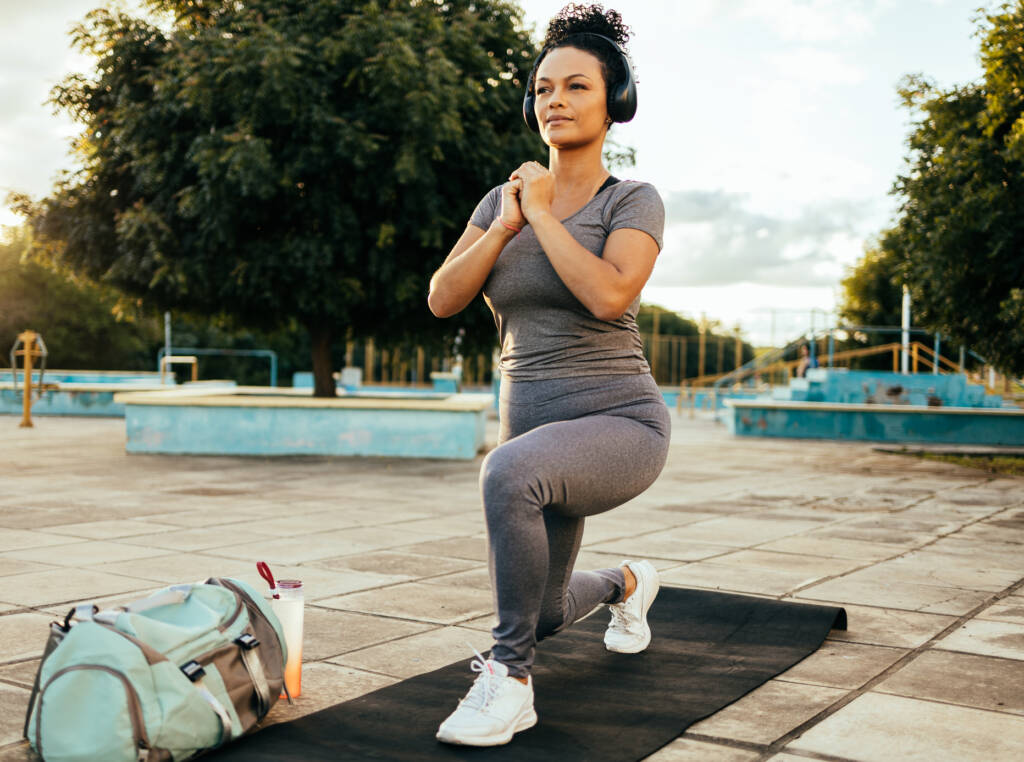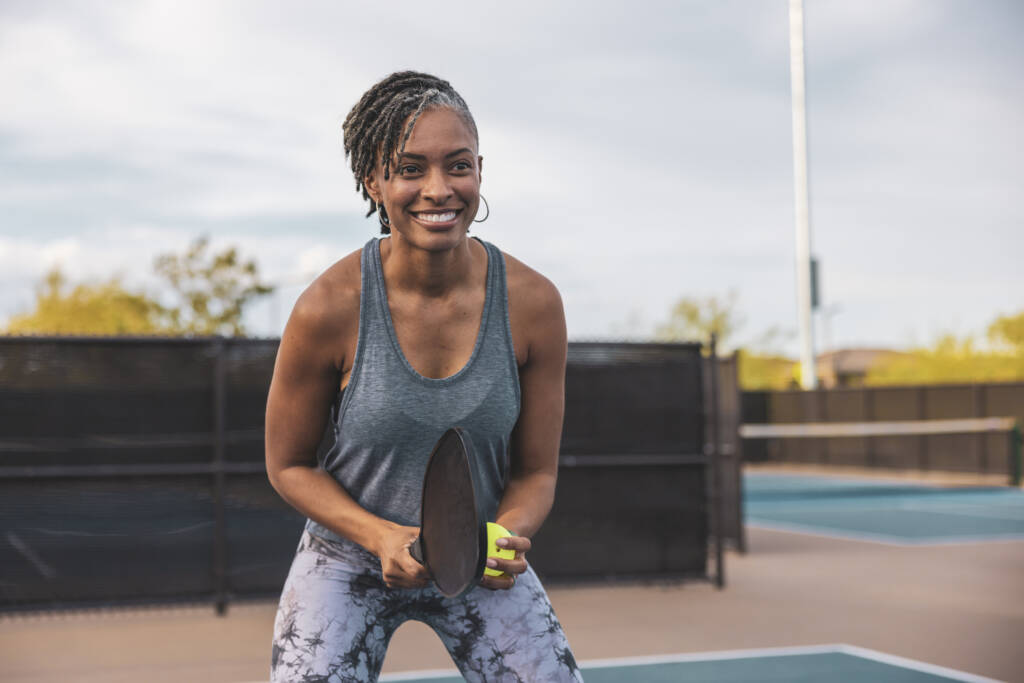
Adult Education Personal Fitness (PE 1)

In this Personal Fitness course, students are required to participate in weekly cardiovascular, flexibility and strength and endurance activities. Students who are unable to participate in such physical exercises will be unable to complete the requirements of this course. Students who have an Individualized Educational Plan (IEP) or some other physical limitation that prevents them from participating in physical activity should seek to enroll in an Adaptive Physical Education course.
Cost: Students purchase 28 days of access for $105. Students may work as quickly through the content as they wish. Every 28 days, students may purchase an additional 28 days of access for an additional $105.
This course includes assignments that ask students to count calories which can be emotionally challenging and may be triggering for some individuals. Please let your instructor know if this is the case for your student, and the assignment will be modified or excluded.
Major Topics and Concepts
Module 1: Welcome Center
- Tracking Your Stay
- Wellville Information Bureau
- Wellville City Limits
- Wellville Locals
- How Fit Are You?
- Flexibility Training Principles
- Bend and Stretch
- Stretching Safely
- Flexibility Workout Log
- Check Out
Module 2: Rec Center
- Tracking Your Stay
- Welcome to the Rec Center
- Health Risk Factors
- Health vs. Skill Related Exercise
- Warm Up/Cool Down
- Common Injuries
- Check Out
Module 3: Teen Center
- Tracking Your Stay
- Stress – A Fact of Life
- Stress and Coping Strategies
- Manage Your Stress
- Goal Setting
- You’re on Your Way
- Check Out
Module 4: Health Club
- Tracking Your Stay
- Cardiovascular Health
- Monitoring the Heart
- Cardiovascular Disease
- What is Cardiovascular Activity?
- Principles of Cardiovascular Fitness
- Cardiovascular Workout Log
- Check Out
Module 5: Wellville Gym
- Tracking Your Stay
- Muscular Fitness Training
- Safety Precautions
- Your Muscular Fitness Program
- Principles of Muscular Fitness
- Muscular Fitness Workout Log
- Check Out
Module 6: Wellville Cafe
- Tracking Your Stay
- Food and Its Relationship to Health
- Evaluate Your Personal Menu
- Food Labels and You
- Wellville Water
- Check Out
Module 7: Body Shop
- Tracking Your Stay
- How Are You Built?
- What’s Inside Your Skin?
- Input, Output and Calories
- Weight: Keeping it Under Control
- Eating and Weight Issues
- Check Out
Module 8: Medical Center
- Tracking Your Stay
- Final Fitness Test
- Varying Activities
- Final Workout Logs
- Final Exam
Competencies
A Healthy Body
Students will demonstrate an understanding of a healthy body by explaining body composition, analyzing healthy weight management, and summarizing eating issues.
Cardiovascular Health
Students will demonstrate an understanding of cardiovascular health by explaining the cardiovascular system, describing cardiovascular disease prevention, and analyzing cardiovascular fitness.
Factors Contributing to Health and Fitness
Students will demonstrate an understanding of factors contributing to health and fitness by summarizing health risk factors, describing health- and skill-related components of fitness, and explaining injury prevention.
Importance of Flexibility
Students will demonstrate an understanding of the importance of flexibility by explaining flexibility goal setting, describing the flexibility principles of training, summarizing the role of joints in flexibility, and comparing flexibility activities.
Nutritional Health
Students will demonstrate an understanding of nutritional health by analyzing dietary guidelines, explaining daily intake guidelines, and summarizing the importance of water.
Stress Management
Students will demonstrate an understanding of stress management by describing assessment of stressors, explaining stress management strategies, and summarizing long- and short-term goals.
The Benefits of Muscular Fitness
Students will demonstrate an understanding of the benefits of muscle fitness by explaining the benefits of weight training, describing weight-lifting exercises, and summarizing training principles. Ratings table

